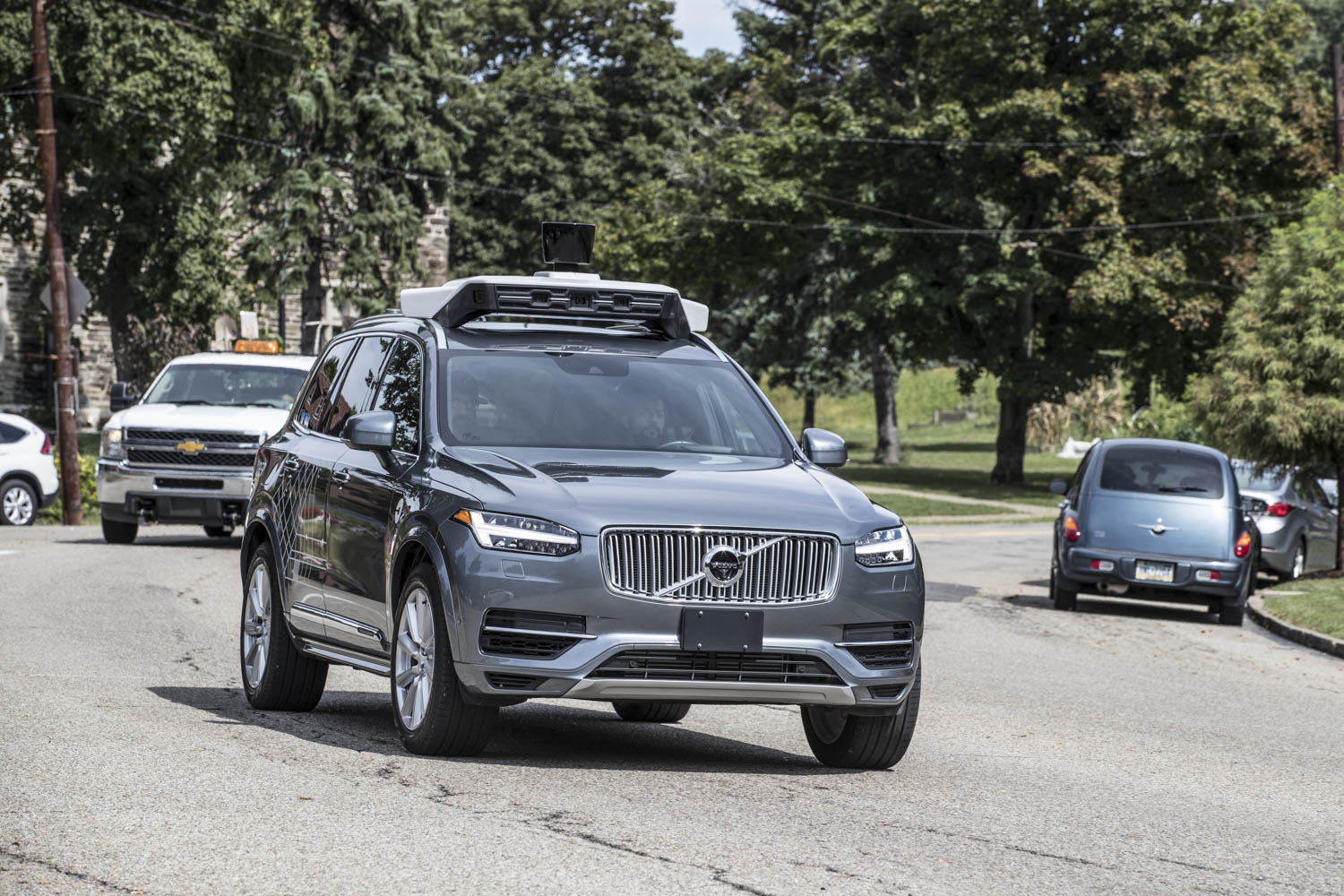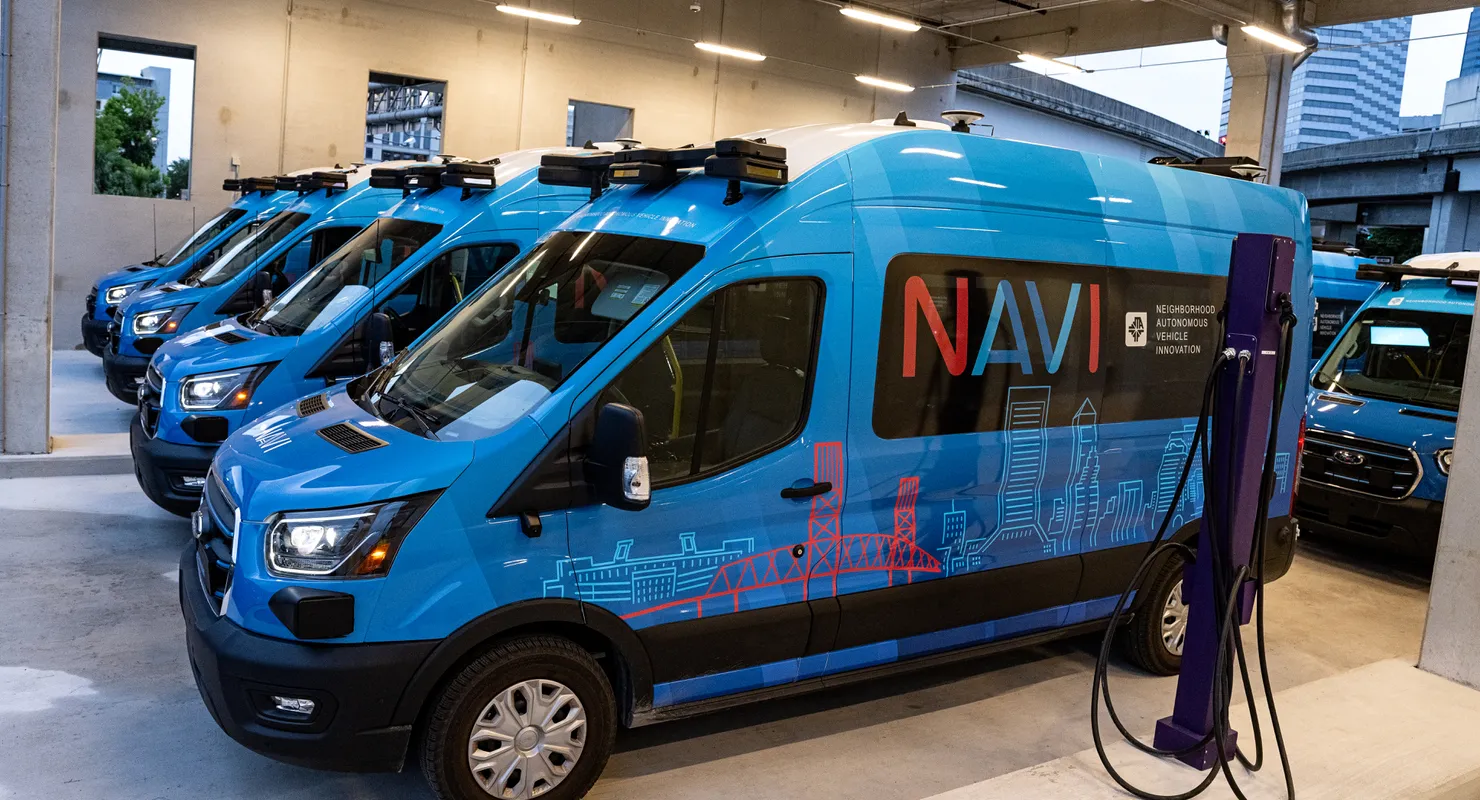
Photo: Uber TG
Uber resumes AV testing in San Francisco
17 March 2020
by Christopher Carey
Uber has resumed testing of its self-driving cars on San Francisco’s streets–almost two years after the ride sharing company scaled back its autonomous vehicle (AV) testing programme following a fatal crash in Arizona.
The California Department of Motor Vehicles (DMV) reinstated Uber’s permit to test self-driving vehicles on public roads in February, with the company saying it will limit activities to two vehicles, both operated by safety drivers during daylight hours only.
An Uber spokesperson said: “Our testing area will be limited in scope to start, but we look forward to scaling up our efforts in the months ahead and learning from the difficult but informative road conditions that the Bay Area has to offer.”
The mobility provider is currently trialling its AV programme in Pittsburgh, Dallas, Washington, DC, and Toronto—but San Francisco is the only other city besides Pittsburgh where Uber’s cars will operate in autonomous mode.
Last November the National Transportation Safety Board (NTSB) criticised Uber’s “inadequate safety culture” in a scathing report on the 2018 incident in Arizona in which an Uber AV hit and killed a pedestrian.
It found the car’s automated driving system detected the pedestrian 5.6 seconds before impact, but “never accurately identified the object crossing the road as a pedestrian,” and that the car’s safety driver was not looking at the road 34 percent of the time–glancing at their phone 23 times in the final three minutes before the crash.
The report later established that the vetting and hiring of safety drivers was “careless”, as the driver in question was a convicted armed robber who had served almost four years in a state prison.
The testing phase in San Francisco will initially be limited to two weeks, with the vehicles only operated in self-driving mode in the less populated west side Richmond District.
Currently 65 companies have permits from the California DMV to test self-driving vehicles on public roads–which differs from permits issued by the California Public Utilities Commission (CPUC) to transport passengers in autonomous vehicles.
Only six companies–GM’s Cruise, Aurora, AutoX, Pony.ai, Waymo, and Zoox–have permits under the CPUC’s pilot programme, with Zoox the first to receive one in December 2018.






